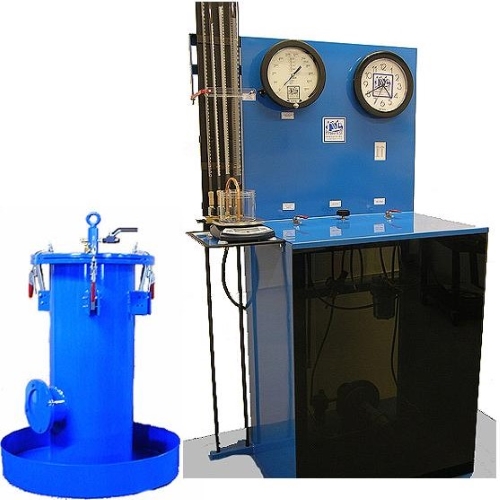Safety in the fire industry isn’t just about having the equipment you need however, it’s also about making sure that the equipment can function flawlessly when you need it the most. Maintenance of fire extinguishers is more than just routine maintenance. It’s a must for any fire equipment dealer who is committed to safety, reliability and compliance.
If you’re the manager of a busy shopfront or you are responsible for managing clients across a portfolio, being aware of the particulars of fire extinguisher tag and recharge is essential to build trust over time.
The Importance Of Fire Extinguisher The importance of checking the fire extinguisher is often overlooked.
Every extinguisher installed on the walls of a commercial property may appear to be functional, but are they actually functional? Only a fire extinguisher test will confirm this. This is a much more complex process than an eye. Certified technicians must be able to check the level of pressure, the condition of the nozzle seals, tamper indicators, seals expiration dates, general wear.

Image credit: servicedfireequipment.com
Miss one of these steps, and you’re leaving customers vulnerable to dangers from fire, but also fines and code violation. By partnering with a professional firm which conducts thorough inspections fire equipment dealers can give peace of mind, knowing every product sent out meets industry regulations and real-world readiness.
The Reasons Why the Fire Extinguisher Charge isn’t an Option, It’s Essential
Let’s be clear: the discharged or partially used extinguisher is a ticking liability. It doesn’t matter if the extinguisher was used to put out an unintentional kitchen fire, or if it has went out of commission due to age. It’s not as safe until you’ve recharged the unit. That’s where fire extinguisher recharge services become vital.
The process of recharging includes refilling or replacing the liquid that extinguished, repressurizing and examining all internal components. The procedure requires precision and an understanding of different types of extinguishers (dry chemicals CO2, foams, etc.). This process demands precision, familiarity with the different kinds of extinguishers (dry chemical CO2, foams, and foams.) and the most modern equipment.
A lot of dealers are now outsourcing this task, allowing them to reduce costs while ensuring quality.
What’s the significance of tagging fire extinguishers in legal protection and customer confidence?
The tag is a tiny item, but it’s an immense impact.
Tagging of fire extinguishers is the evidence that proves that an item has been examined and maintained according to federal and state safety regulations. The tag contains dates of service, technician’s identification number; type of inspection and when the next service is due. Business owners will appreciate that tag goes beyond paper it’s a security layer that provides the insurance of liability. Dealers see it as a badge that shows their trustworthiness.
Incorrect or missing tags can lead to failed safety audits or even fines, not to mention the loss of trust among clients. It’s important to work with the right company that utilizes tag methods that are reliable and legal.
A Smarter Business model: Outsource Service, Own Relationship
Many fire equipment dealers prefer to spend their time building relationships with customers and closing sales, instead of maintaining an internal service department. The outsourcing of fire extinguisher-related services, including inspection, charging and tagging, to a specialist service company is now the most popular model in the U.S.
By handing off the technical responsibilities, dealers can grow faster, cut down on liability, and ensure every extinguisher they lease or sell is ready to perform in the event that lives and property are at stake.
Final Thoughts
In today’s safety-conscious environment, fire extinguisher servicing is no longer an thought-out process. It’s an essential part of the overall success of an operation. Dealers who focus on thorough inspections, reliable recharge and legally sound tagging aren’t only selling products, but providing peace of minds, trust and security. In the world of fire protection, it’s that kind of value that will never run out.